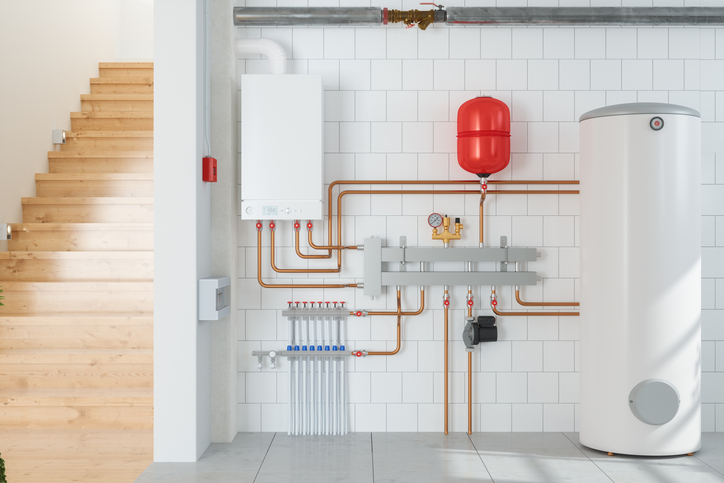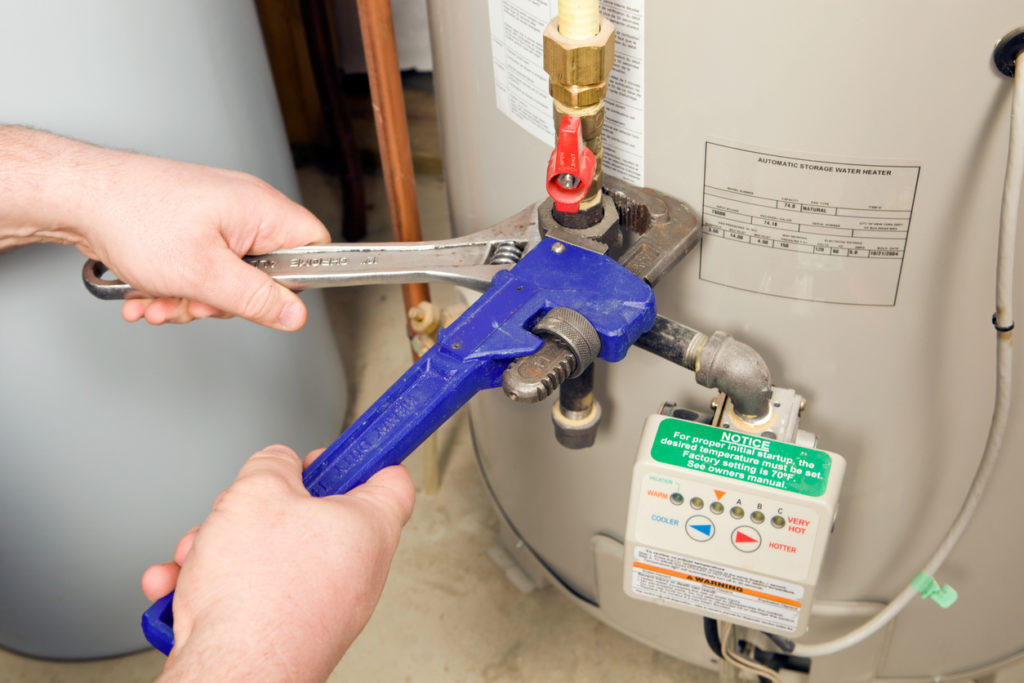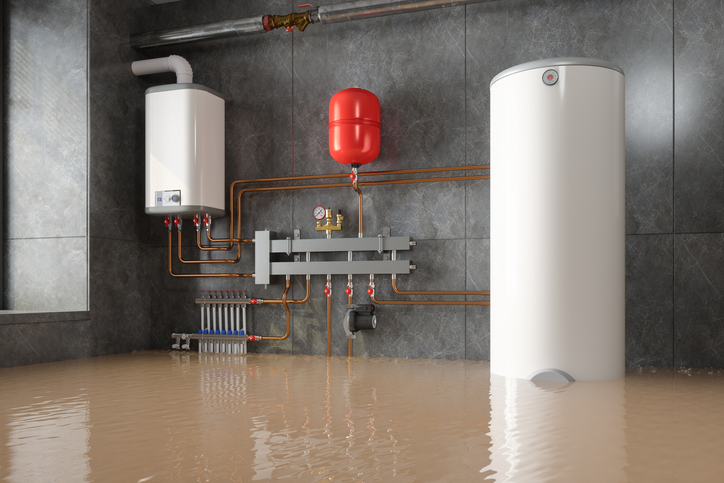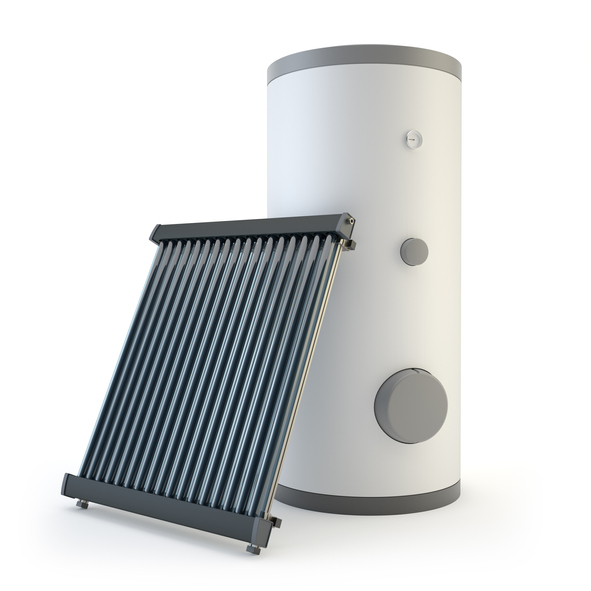A Guide to The Different Types of Hot Water Heaters
Are you in need of a new hot water heater but overwhelmed by the options available? Then join Plumbing Medic as we take you on a comprehensive journey through the different types of water heaters and help you make an informed decision for your home!


Understanding the importance of choosing the right water heater will lead to a more sustainable and affordable choice in the long term. So with our expertise and knowledge, Plumbing Medic will guide you through the different types of hot water heaters, ensuring you make the best choice for your needs. Let’s dive in!
Conventional Storage Tank Water Heaters
Did you know that conventional storage tank water heaters are the most common type found in households? These reliable systems work by heating and storing water in a tank until you need it. Conventional storage-tank water heaters operate by filling a tank with water and heating it using a heating element or a burner. Furthermore, they can work with electricity or natural gas. As the water heats up, it stays in the tank until you open a faucet and use it.
Pros & Cons
One of the advantages of conventional storage tanks is their affordability. They come in various sizes to accommodate different household needs. However, these heaters have limited hot water capacity. Once the stored hot water depletes, you may need to wait for the tank to refill and reheat the water. Additionally, necessary regular maintenance prevents issues such as sediment buildup and corrosion.
Cost Considerations
When considering a conventional storage-tank water heater, it’s important to factor in the initial investment, installation expenses, and maintenance costs. While the upfront cost may be lower compared to other types, you should consider the long-term operating costs. Depending on whether or not your water heater operates using gas or electricity, the costs will differ. Gas heaters have a higher upfront cost, however, electric heaters have a higher operating cost.
Now, let’s cover tankless water heaters!
Tankless Water Heaters
Are you tired of running out of hot water in the middle of a shower? Tankless water heaters provide a continuous supply of hot water on demand, eliminating the frustration of cold showers. Tankless water heaters work by heating water as it flows through the unit. When you open a faucet, cold water passes through a heat exchanger, where it is rapidly heated to the desired temperature. This process ensures a constant supply of hot water whenever you need it.
Pros & Cons
This option offers several benefits, including their compact size, longer lifespan, and reduced energy consumption. However, they do come with a higher upfront cost compared to conventional heaters. Additionally, the installation of a tankless system may require modifications to your plumbing and electrical systems.
Speaking of proper plumbing care and maintenance, if you have questions about septic systems, give our article on the topic a read here!
Energy Efficiency
One of the key advantages of tankless water heaters? Their energy efficiency! Unlike storage tank heaters that continuously heat and store water, tankless systems only heat water when needed. This will lead to significant energy savings and lower utility bills!
Installation & Maintenance
Proper installation is crucial for optimal performance. It’s recommended to consult a professional plumber to ensure the unit is correctly sized and installed. Regular maintenance, such as flushing the system to remove mineral deposits, is also necessary to keep the heater running efficiently.


Ready to experience endless hot water and save on energy costs? Contact Plumbing Medic today to explore installation options!
Heat Pump Water Heaters
Are you interested in an energy-efficient water heating solution that can help reduce your carbon footprint? Well then, we’re thrilled to share that heat pump water heaters use innovative technology to extract and transfer heat, resulting in sustainable energy savings.


Heat pump water heaters work by extracting heat from the surrounding air and transferring it to the water. This is achieved through a refrigeration cycle that utilizes a compressor, evaporator, condenser, and expansion valve. By harnessing ambient air temperature, these heaters can efficiently heat your water.
Pros & Cons
Here is a quick list of the benefits and disadvantages:
Pros:
- Eco-friendly
- Hot and cold water efficiency
- Long lifespan
Cons:
- Not as effective in colder climates
- Require more space for installation
Compared to traditional options, heat pump models offer exceptional energy efficiency. Over time, the savings can offset the higher initial investment.
Installation & Maintenance
Proper installation is crucial for the efficient operation of heat pump water heaters. Also, proper ventilation and space are necessary to ensure the unit can extract heat effectively. Lastly, regular maintenance is essential to maintain optimal performance.
Now that you’ve learned about heat pump water heaters, let’s explore another eco-friendly option that harnesses the sun’s power!
Solar Water Heaters


Are you looking to reduce your reliance on traditional energy sources and make a sustainable choice for your hot water needs? If so, then you should know that solar water heaters utilize the sun’s energy to heat water. Solar water heaters have solar collectors that capture sunlight and convert it into heat energy. That means they are an eco-friendly and cost-effective solution!
Pros & Cons
Solar water heaters offer several advantages, including long-term energy savings and a reduced ecological footprint. However, they require proper installation and may not be suitable for all climates. For example, if your home does not receive much sunlight, then these heaters won’t be as effective.
Environmental Benefits
By harnessing solar energy, these heaters significantly reduce carbon emissions and reliance on fossil fuels. This makes them an excellent choice for environmentally conscious homeowners, as solar energy is a renewable resource.
Installation, Climate Suitability and Maintenance
When installing a solar water heater, factors such as the availability of sunlight, roof orientation, and local regulations must be considered. It’s recommended to consult with a professional installer to determine the best system for your specific needs.


For example, solar water heaters require proper care and maintenance. If you’re looking for more information on proper plumbing maintenance, check out our article on water softening and conditioning here.
Contact Plumbing Medic For Your Plumbing Needs
After reading this guide, you now have a comprehensive understanding of the different types of hot water heaters available. But if you still have more questions, don’t hesitate to call us at 1-866-661-2424. Our team at Plumbing Medic can guide you in selecting the ideal water heater for your specific needs.


Ready to upgrade your water heater? Contact Plumbing Medic today for expert advice and professional installation services! Whether you prefer a conventional storage tank, a tankless system, or a solar-powered solution, our team will help you make the right choice for your home’s hot water needs. Don’t settle for cold showers when Plumbing Medic can provide the perfect solution!
